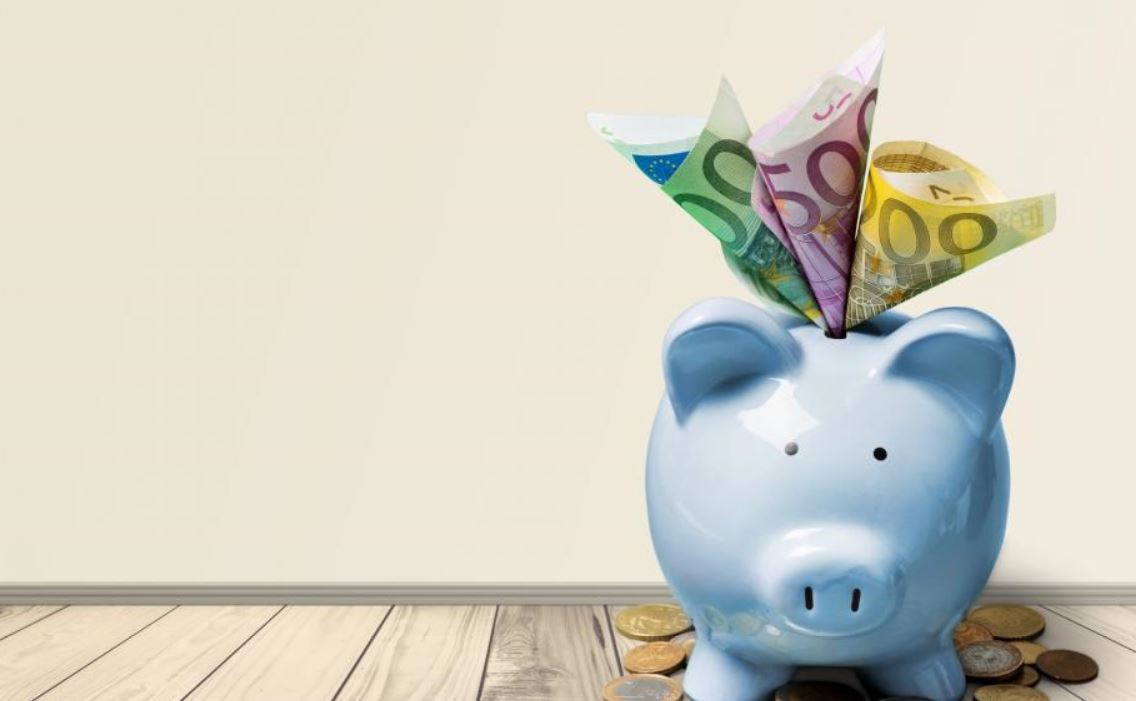16. Use natural products to clean your home
The next tip is dedicated to household products and detergents, another commodity that occupies an important place in our monthly expenses. The detergents that we use are often predominantly composed of chemicals that damage our respiratory system or the skin, as well as the environment. Let’s always remember to respect the place where we live and that we share with other living beings and organisms, our planet.
If the environment is not your first thought, remember that the chemicals with which we come into contact during cleaning are harmful in the long run, so it is good to put gloves and masks when you do the housework. There are several incidents due to chemical products that can occur with chemicals.
The home cleaning products we can’t do without are:
· Dishwashing detergent (average cost €1.00);
· Dishwasher Gel or tablets (€10.00);
· Bleach (€1.00);
· Surface Cleaner (€4.00);
· Alcohol (€1.00);
· Anti-limestone (€2,00);
· Sanitizing tablets for Water (€1);
· Anti-dust spray (€1,50);
· Descaler for the wc (€2,00);
· Cloths detergent (€3.00);
· Fabric softener (€1.50);
· Soap of Marseille (€1.50);
TOTAL Monthly €32.50
To save on this spending the first advice is not to wait to do large cleaning but to clean a little at a time so as not to accumulate too much dust or too much dirt. Waiting too much time between one cleaning and the other you are risk to make even more effort and to use more product at once, just because the dirt has encrusted. It is not necessary to have many expensive products for the house, but also in this case we could use alternative solutions, perhaps using the good and old advices of our grandma. Salt, lemon, bicarbonate are all ingredients that we find in our kitchens and besides being ecological, they can help us in cleaning more than we think.
For the crockery, the floors and also for the laundry, the bleach can be replaced with a dear friend, sodium percarbonate, which is a natural whitening and is very economical (approximately €1), it is a stain remover for dirty laundry and it is great for bathroom and kitchen surfaces. To this you can add the bicarbonate to disinfect (€0.50).
Another useful product, in addition to seasoning dishes in the kitchen, is white vinegar (€0.70). White vinegar can replace the glass detergent, the rinse aid of the dishwasher and it cleans the washing machine, such as anti-Calc. You can even mix the vinegar with some hot water and wash the floors.
One last tip is to use the newspaper sheets to clean windows and mirrors. Maybe over time we have accumulated old newspapers that before being thrown away could be used for a final purpose. We must remember to cover our hands with gloves both because of the black ink that the newspaper will leave and because oil doesn’t do very well to our skin.
By following these little tips you can save a lot and have a fresh and clean home.
THIS ADVICE WILL ALLOW YOU TO SAVE ABOUT €30.30 PER MONTH.
17. Avoid disposable tableware
Disposable products such as plastic plates and cups, paper napkins, disposable place mats, are very comfortable during dinners and birthday parties. They are often used when, on special occasions, we want to avoid washing many dishes or often because we are in a hurry and for convenience we avoid taking ceramic plates and then leave them dirty in the washbasin.
If we stopped using the disposable tableware we could save money and certainly improve the conditions of the environment, because these are not at all environmentally friendly. Even the same absorbent paper could be easily replaced with cotton cloths, which can then be washed in the washing machine with a tablespoon of bicarbonate.
We do not need to buy rags, we can recycle old sheets or old clothes by cropping them and, if we know how to do it, sewing them, creating colorful pieces to dry and clean our house. We should eliminate the paper napkins using those of cloth as well as the disposable tablecloths, replacing them with real cotton tablecloths. Also for these there is the washing machine with bicarbonate, that will remove the stains along with a little vinegar.
If you don’t like tablecloths you could adapt to the USA method, using plastic placers that can be rinsed with a sponge after each meal.
Regarding the dishes, cutlery and glasses it does not matter to use the good service, just take different crockery, the ones we have. The table will be more colorful and more welcoming.
Imagine a dinner with friends or a family lunch, it would give a feeling of joy to the situation.
Do not be scared by the costs that could lead to wash the dishes, because a dishwasher consumes less than a hand wash. The plastic dishes are something superfluous, which damages the environment.
Let’s see how much it costs to buy plastic crockery every month, to use them at every meal, considering we would need about 100 pieces.
· White plastic plates, 100 pieces €5.00 on average;
· Transparent plastic cups, 100 pieces €4.00;
· Set of plastic cutlery with napkin, 100 pieces €20;
As we can see the money that we spend on disposable plastic crockery could be spent on other things like the consumption of the dishwasher, that will be even lower, or to buy a full service of crockery; even this cost a lot less. Let’s then use ceramic dishes and put them simply into the dishwasher.
THIS ADVICE WILL
ALLOW YOU TO SAVE ABOUT €29 PER MONTH.




